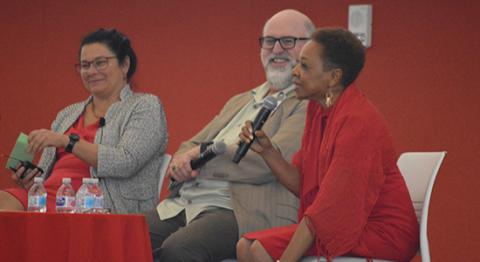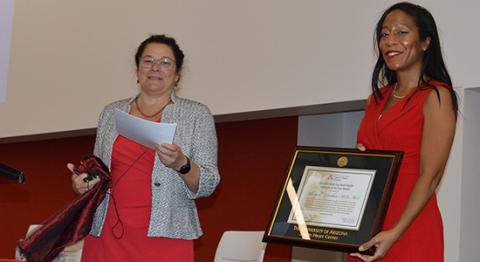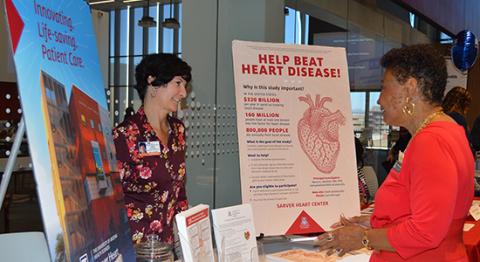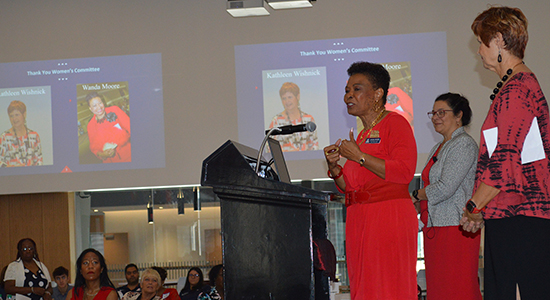The number of adults diagnosed with diabetes has more than doubled during the past 20 years as the American population has aged and become more overweight. This number may be reduced if more people are screened for prediabetes, a condition that affects 84 million in which 90% don't know they have it. Prediabetes means blood glucose levels are higher than normal, but not yet type 2 diabetes. Cutting calories, eating whole, healthy, unprocessed foods, and exercising would help reduce obesity, one of the leading causes of type 2 diabetes.

David Marrero, PhD, professor of public health and medicine and director of the Center for Elimination of Border Health Dispartiies at the UA Health Sciences, noted:
- The connection between diabetes and heart disease starts with high blood sugar levels. Continuous high glucose in the bloodstream can damage the arteries, causing them to become stiff and hard. Fatty material builds up on the inside of these blood vessels, causing atherosclerosis.
- People with diabetes are more likely to have risk factors that increase the chances of heart disease or stroke. Common risk factors include high blood pressure, abnormal cholesterol levels, obesity and belly fat, and family history of these conditions.
- People with diabetes are two to four times more likely to die of heart disease or have a stroke than people who don't have the condition.
- A person who has diabetes has the same risk of heart attack as someone who does not have the disease, but already had a heart attack.
Linda Dingle, RN, CDE, public health nurse, Pima County Health Department, said:
Diabetes is the leading cause of new blindness among adults, kidney failure, non-traumatic lower-limb amputations. It increases the risk of heart attack and stroke by two to four fold. She recommended these action steps:
- Screen to identify the 90 percent of people with prediabetes who don't know it.
- Lose weight. The best way to do this: cut calories. Eat healthy whole foods, plant-based as much as possible. Avoid processed foods. "If it doesn't look close to the way God created it, it's processed," Mrs. Dingle said.
If time pressures and financial constraints mean you need to stop for fast food to feed your children, don't feel guilty, but watch the calories; buy your child one burger, not several, Dr. Marrero said.
While both presenters emphasized the need to improve nutrition and exercise, people are more likely to prevent obesity and diabetes by cutting calories. "If you exercise 20 to 30 minutes a day, you'll improve cardiovascular health," Nancy K. Sweitzer, MD, PhD, the program moderator and director of the UA Sarver Heart Center, said.
"To lose weight through exercise, you have to do it 90 minutes a day. That's why most people need to cut calories to lose weight. Few people can exercise 90 minutes a day," Dr. Marrero said.
Mary Anne Fay Heart Health Advocate of the Year Award

For more information, check out online resources from our experts.
Prediabetes: The 84 Million-Person Health Risk
What You Need to Know About Type 2 Diabetes
Are You at Risk For Type 2 Diabetes?
One-page Guide to a Heart Healthy Diet
Learn About Research at University of Arizona Sarver Heart Center



